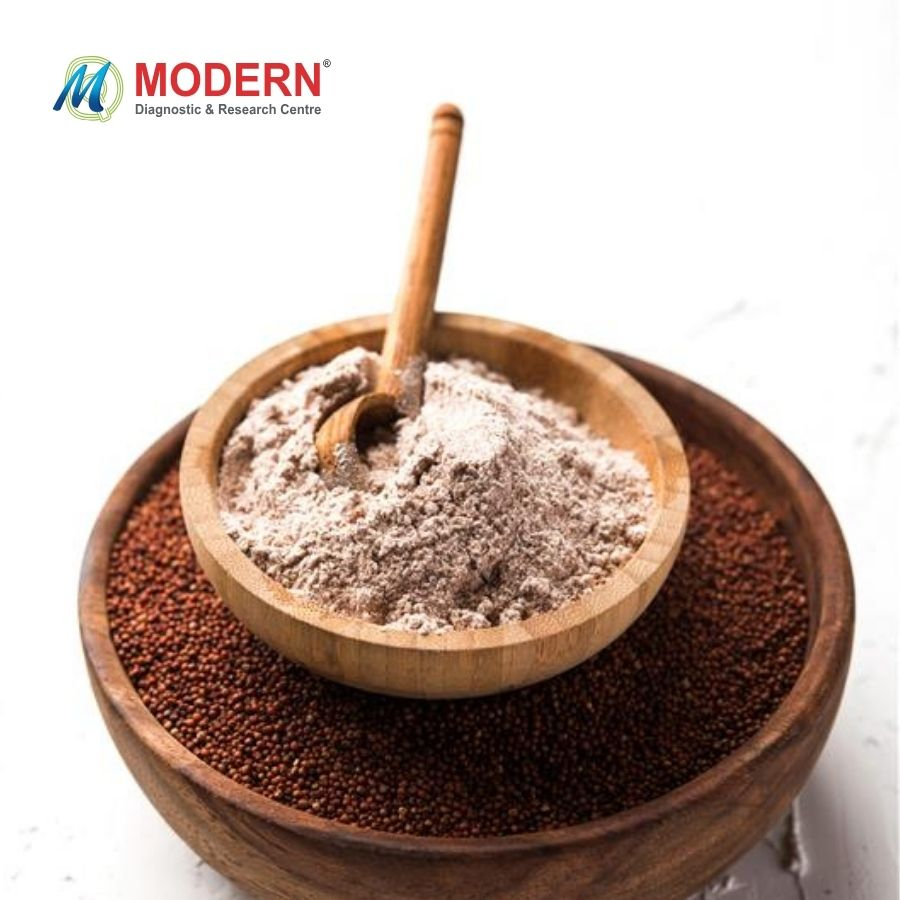In today’s fast-paced world where everything is dominated by science and high-end technology, the profound philosophy of Ayurveda shines as a guiding light of balance and well-being. Originating over 5000 years in India, Ayurveda stands underestimated as being not just a system of medicine but a wisdom that combines mind, body, and soul. In our modern world where science and healthcare work on the medical imperfections in the body, ayurveda focuses on overall health and balance of doshas in our bodies. Ayurveda solely exists to understand and address the fundamental health factors and their balance in the body.
What is Ayurveda?
Ayurveda is a Sanskrit term where “Ayur” means life and ‘Veda’ is science and knowledge which ultimately translates to “the science of life” or “the knowledge of life”. Ayurveda works on the three principles of Doshas, namely, Vata, Pitta, and Kapha. It believes in the importance of balance in all three elements to maintain optimal well-being. It offers personalized solutions addressing the balance and interconnection of a person’s mental and physical health.
Doshas in Ayurveda
According to Ayurveda, doshas represent core energies that oversee the physiological processes of the body. It is seen to be crucial to maintain a balance between these energies to maintain well-being. It is important to understand our dominant dosha to maintain balance and prevent health issues. The combination of these three doshas form “Prakrati”. Prakrati influences one’s emotional, physical, and mental characteristics.
Three Doshas are mentioned below-
- Vata (Space and Air): Individuals with vata dominant in their bodies show creativity, enthusiasm, and vitality when balanced, while an imbalance of vata can lead to anxiety, dry skin, digestion issues, and insomnia.
- Pitta (Fire and Water): Combined with two elements, water, and fire, pitta individuals display ambition, courage, and intelligence. Pitta dosha oversees digestion and metabolism. Excess of pitta can cause skin rashes, body heat, inflammation, heartburn, and irritability.
- Kapha (Earth and Water): Kapha provides structure, stability, and lubrication.Individuals with Kapha dominant as their dosha show emotional calmness, strength, and immunity when balanced. Imbalanced Kapha can lead to health concerns like weight gain, sluggishness, congestion, allergies, and attachment or possessiveness.
5 Elements in Ayurveda
In Ayurveda, the world is believed to have five elements within it- fire, water, air, space, and Earth. These elements are not only present in the physical world but also within human bodies. The combination of these elements form Doshas.
- Fire (Agni): Fire is transformative, heat-generating, and represents metabolism. It governs digestion, absorption, and transformation of food, thoughts, and experiences. In the body, it relates to various metabolic and enzymatic processes.
- Water (Jal): Water is cohesive, and fluid, and provides the essential fluid medium for bodily functions. It represents the cohesive and flowing aspects of the body, including blood, lymph, and other bodily fluids.
- Air (Vayu): Air is mobile, dynamic, and represents movement. It governs functions such as breathing, circulation, and the mobility of thoughts and actions. In the body, it corresponds to the processes involving movement and transportation.
- Space (Akasha): Space is expansive and infinite, and provides the fundamental medium for all other elements to exist. In the body, it represents the empty spaces within bodily channels and the potential for movement.
- Earth (Prithvi): Earth is solid, stable, and represents structure. It provides the physical foundation for the body, including bones, tissues, and organs. In the body, it relates to the stability and structure of bodily elements.
Wellhealth Ayurvedic Health Tips
- Meditation: Meditation helps enhance the cohesion between the mind and the body. Meditation also helps with problems like stress reduction, mental health, self awareness, mindfulness, concentration and spiritual well-being.
- Pranayam: Pranayam is the practice of controlling the balance of breath. This holds importance in Ayurveda because the flow of air is considered vital life energy in Ayurveda. Pranayam is also one of the most effective means to balance doshas.
- Appropriate Diet: Diet should be decided on the basis of one’s doshas. It helps balance doshas, optimize digestion and helps with overall well-being.
- Panchkarma: Toxins are believed to be the root cause of many diseases in the body. Panchkarma is a series of therapies and treatments which helps remove those toxins from the body.
- Daily Routine (Dincharya): Dincharya is creating and following a daily routine. This plays an important role in escalating quality sleep, optimized digestion and enhancing productivity.
- Stress Management: Stress management in Ayurveda focuses on an approach that addresses mind, body and spirit. Yoga, meditation, mind-body practices, Ayurvedic therapies and herbal remedies help restore the balance of doshas and the mind.
- Ample Sleep: Sleep is one of the three pillars of life. Sleep is regarded as a crucial pillar of life as it is considered a time for the body to repair and restore its vital energy. It promotes harmony with nature and mental clarity.
- Warm water consumption: Drinking warm water is believed to aid digestion as it fuels digestion fire(Agni). This increases the metabolic rate in the body which speeds up breakdown of food. Drinking warm water is also thought to help dilate blood vessels and promote circulation.
- Herbal remedies: Consumption of herbs like Ashwagandha, Tulsi, Amla, Turmeric, Guduchi, Neem and Shatavari can not only boost immunity to help prevent diseases but can also provide rich nutrients to the body.
Ayurveda in the Modern World- How is it Seen Internationally in Today’s World?
Ayurveda is a traditional mind and body healing practice that is becoming increasingly popular around the world due to its effectiveness. Ayurvedic practitioners are now consulted from across the globe, and their influence is spreading leading to awareness in the practice of yoga, herbs consumption and other Ayurvedic therapies and treatments. Ayurveda now, is an important part of the modern world. The demand for ayurvedic products is growing globally because scientific research has confirmed the effectiveness of ayurvedic products. Ancient Ayurveda is known for its mind-and-body connection approach, natural healing focus, and promotion of well-being, which is making the recognition of Ayurveda international.
Closing Note
Ayurveda focuses on the balance of the mind and the body. This is controlled with the help of three Doshas which should be balanced to keep the mind and body healthy, namely, Vata, Pitta and Kapha. These Doshas are made up of five elements of life according to Ayurveda- fire, water, space, earth and air. There are some healthy Ayurvedic practices that should be followed to balance the doshas. Meditation, pranayama, appropriate diet and sleep, consumption of herbs and consumption of warm water are some of the healthy practices to balance doshes and prevent diseases. These practices are not only limited to ancient Indian times but also gaining recognition due to their effectiveness. Ayurvedic practices like Yoga, therapies, treatments and medicines are also gaining popularity across the world.
















